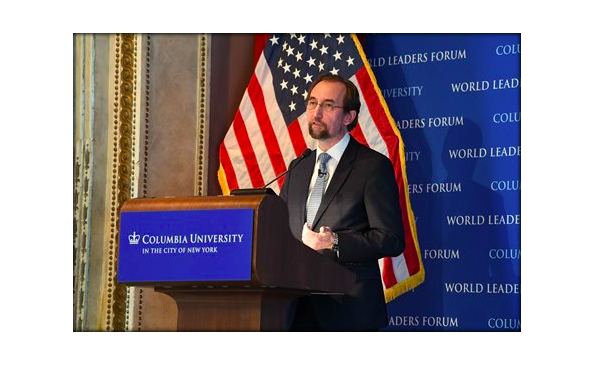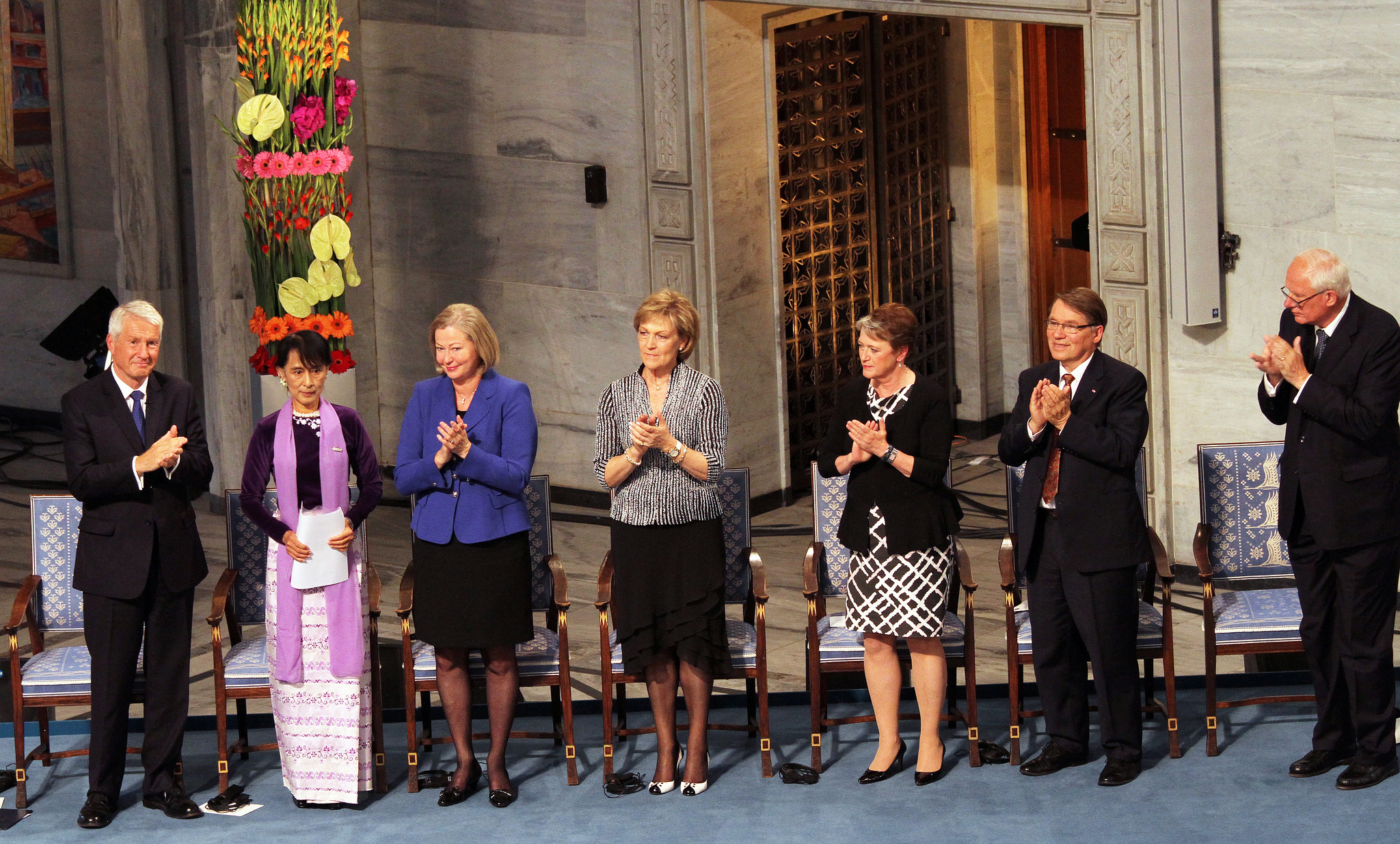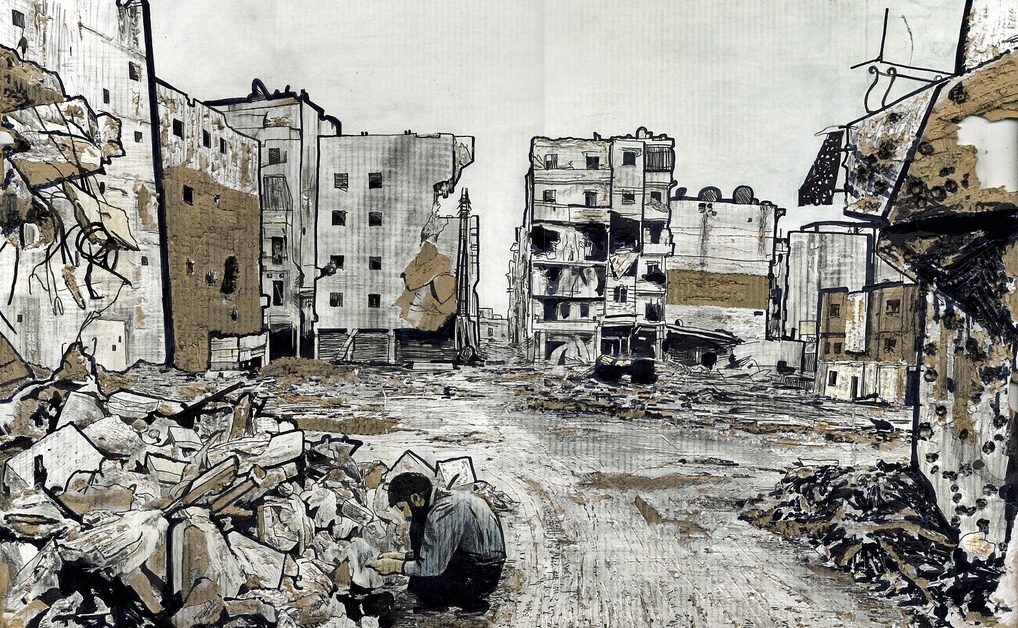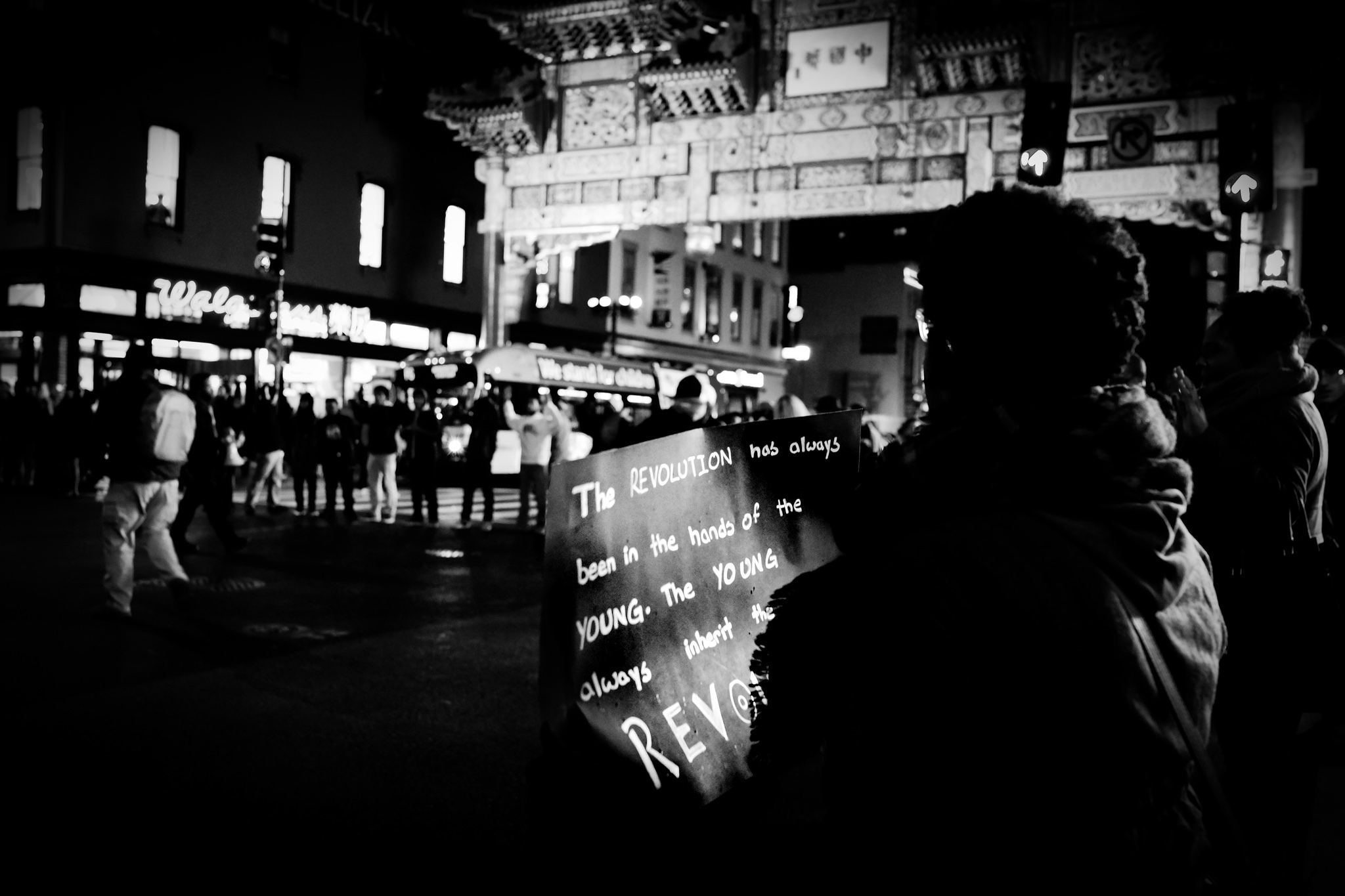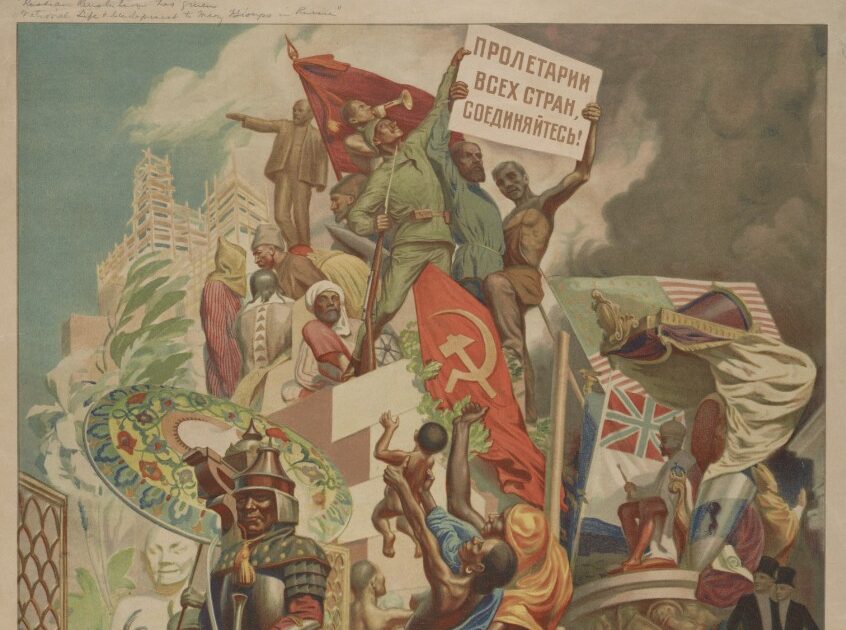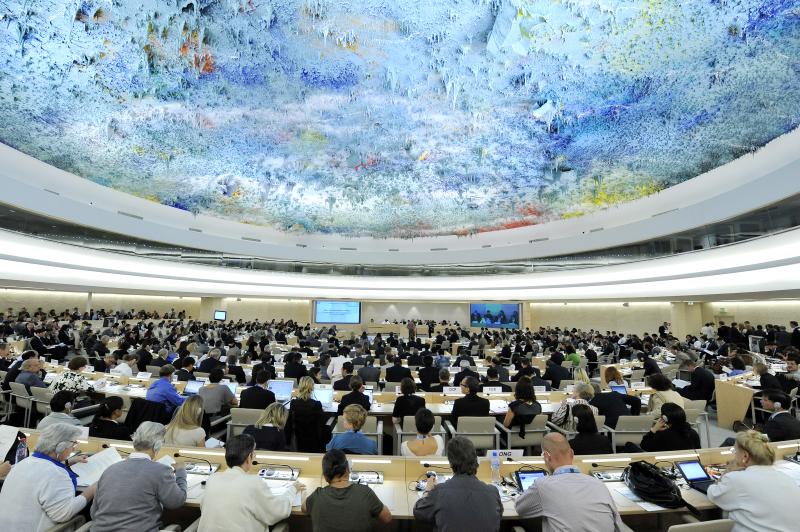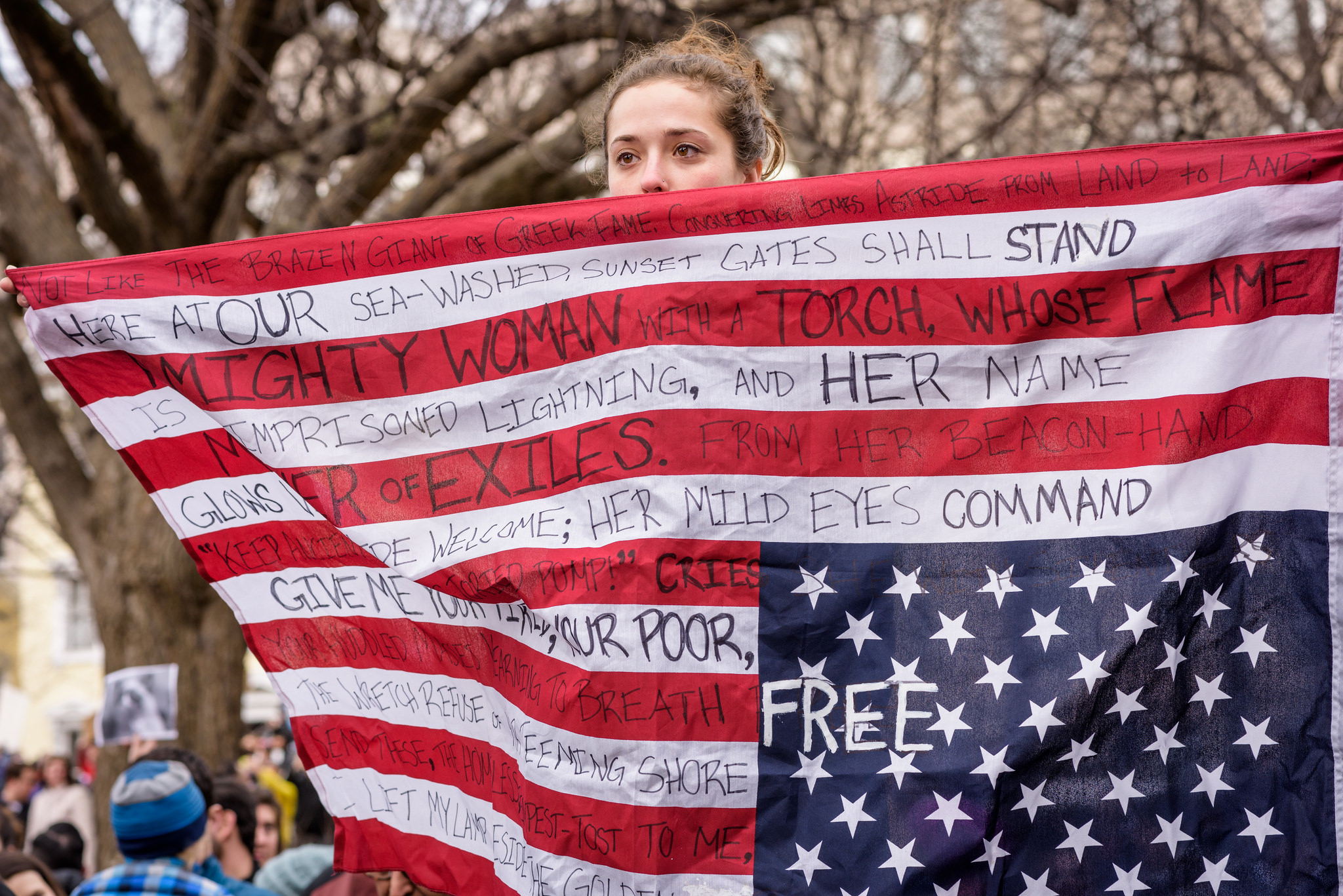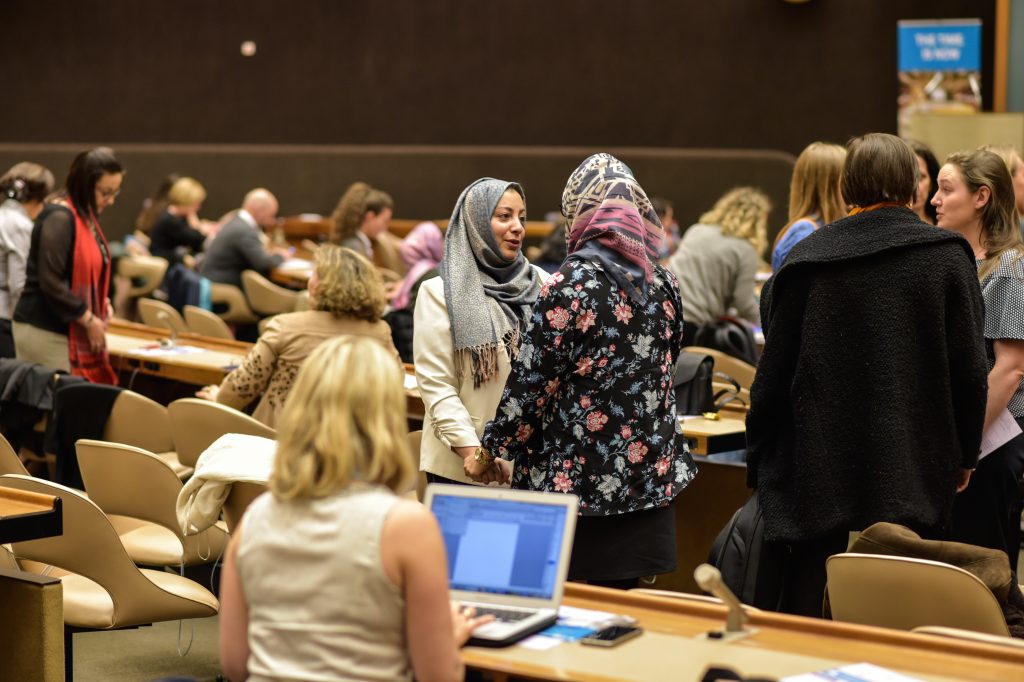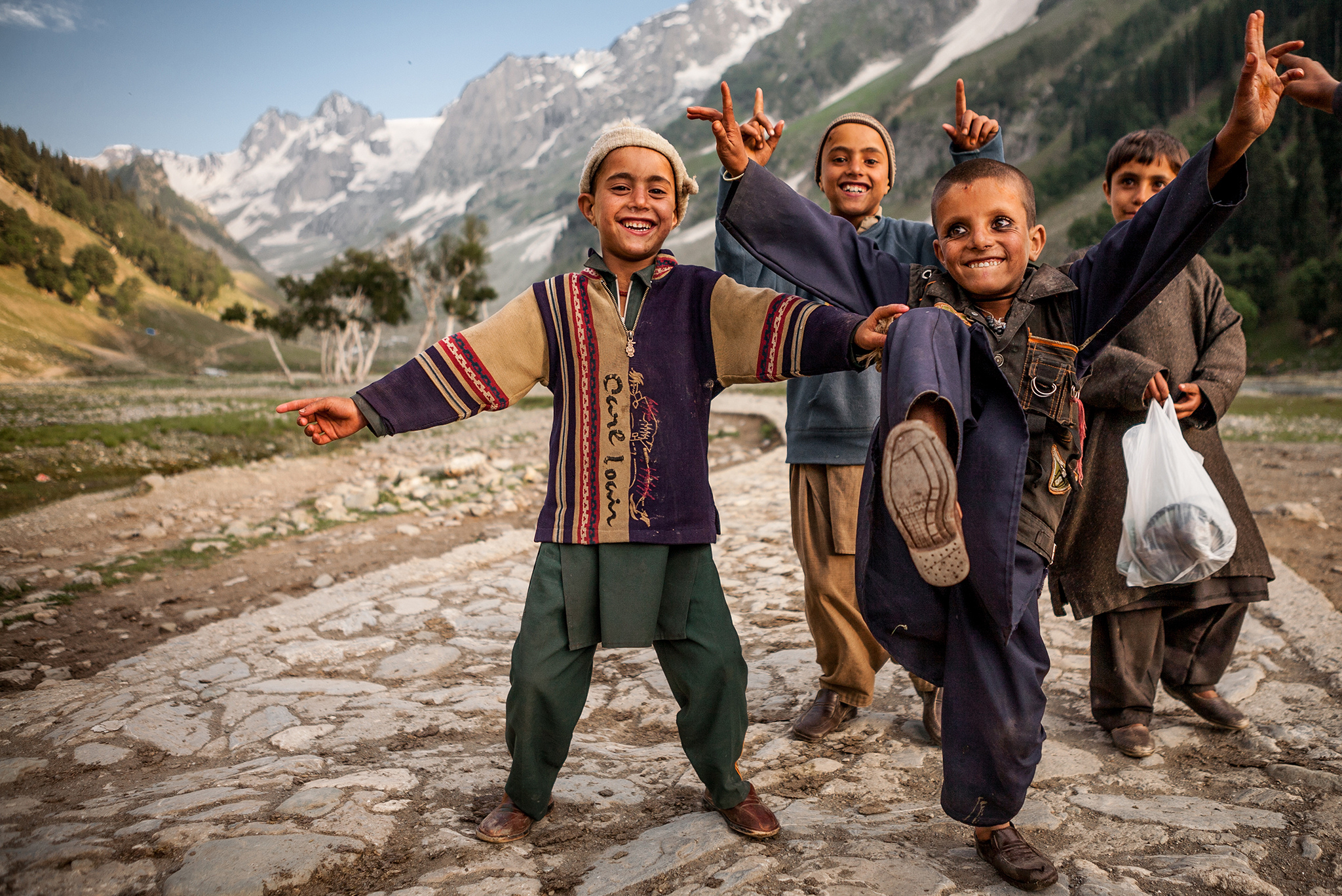
The Future of Economic, Social and Cultural Rights
by Rowena Kosher, a blog writer for RightsViews and a student in the School of General Studies at Columbia University
On November 20, students, professors and human rights colleagues gathered in Columbia Law School’s Jerome Greene Hall for a discussion on economic, social and cultural rights led by Catarina de Albuquerque, the former United Nations special rapporteur on the right to safe drinking water and sanitation.
Originally from Portugal, de Albuquerque began her career in human rights as part of the Portuguese Foreign Service, moving on to become the chairperson-rapporteur for negotiation of the Optional Protocol to the International Covenant on Economic, Social and Cultural Rights, a protocol adopted in 2008 that establishes an individual complaints mechanism to recognize important rights like the right to education, the right to health, and labour rights, among others. Following these positions, de Albuquerque took on her current role as executive chair of the Sanitation and Water for All Partnership, a global partnership to catalyze political action, improve accountability and use...

